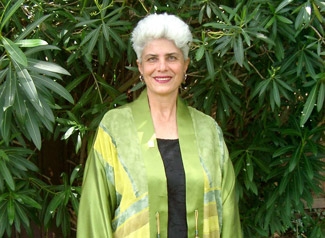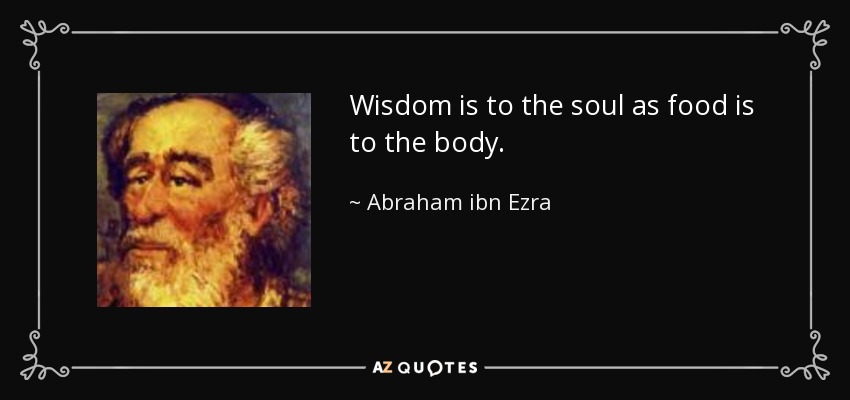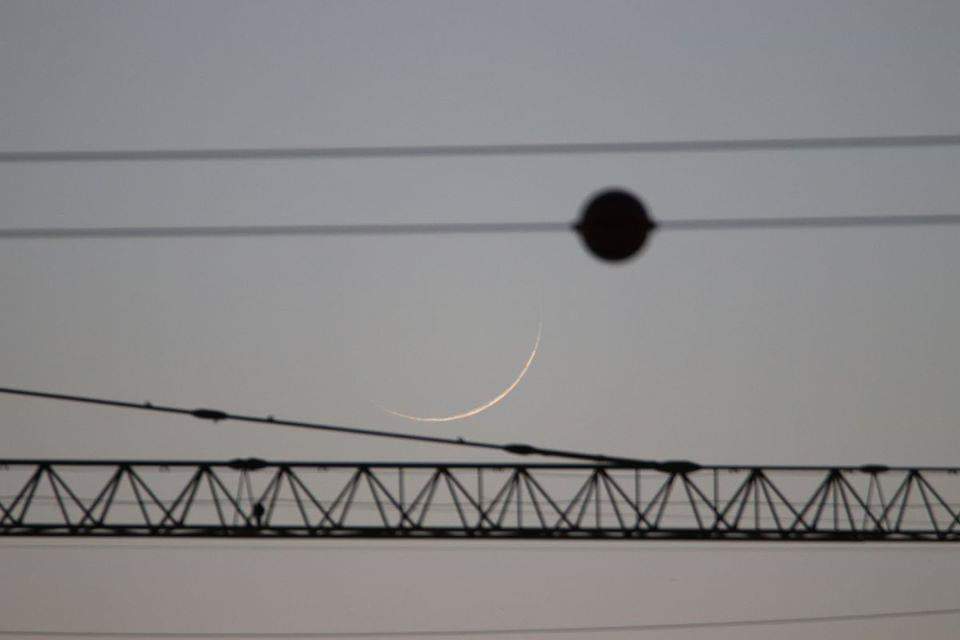- May 16, 2015
- 2,784
- 791
- Country
- United States
- Gender
- Male
- Faith
- Messianic
- Marital Status
- In Relationship
The Perfect Pascal Lamb Of Elohim
Matthew 22:29 (Complete Jewish Bible)
Yeshua answered them, “The reason you go astray is that you are ignorant both of the Tanakh and of the power of God.
Mark 7:13 (CJB)
Thus, with your tradition which you had handed down to you, you nullify the Word of God! And you do other things like this.”
Luke 23:4 (CJB)
Pilate said to the head cohanim and the crowds, “I find no ground for a charge against this man.”
Yeshua answered them, “The reason you go astray is that you are ignorant both of the Tanakh and of the power of God.
Mark 7:13 (CJB)
Thus, with your tradition which you had handed down to you, you nullify the Word of God! And you do other things like this.”
Luke 23:4 (CJB)
Pilate said to the head cohanim and the crowds, “I find no ground for a charge against this man.”
Exodus 12:6 (The Complete Jewish Bible With Rashi Commentary)
And you shall keep it for inspection until the fourteenth day of this month, and the entire congregation of the community of Israel shall slaughter it in the afternoon.
And you shall keep it for inspection until the fourteenth day of this month, and the entire congregation of the community of Israel shall slaughter it in the afternoon.
Targum Jonathan on Exodus 12:6
And it shall be bound and reserved for you until the fourteenth day of this month, that you may not know the fear of the Mizraee when they see it; and ye shall kill him according to the rite of all to the congregation of the assembly of Israel, between the suns.
Sefer HaChinukh 5:1
The commandment to slaughter the Pesach sacrifice: To slaughter on the day of the fourteenth of Nissan in the late afternoon an unblemished one-year-old male lamb, or kid, in the Chosen House (Temple), and this is called the Pesach (Passover) sacrifice, as it is stated (Exodus 12:6), "The entire assembly of the congregation of Israel shall slaughter it in the afternoon."
MIDRASH Ein Yaakov (Glick Edition), Pesakhim 5:2
(Fol. 64) Mishnah: The Passover sacrifice was slaughtered for three successive divisions of men, as it is said (Ex. 12, 6) And then the whole assembly of the congregation of Israel shall slaughter it toward evening.
Mishneh Torah, Leavened and Unleavened Bread 1:8
... Thus did they learn the explanation of this thing from the oral tradition: "You shall not eat chamets" from the time that is fit for the sacrifice of the Passover sacrifice, which is in "the afternoon" (Exodus 12:6) - and that is half the day.
Upvote
0




